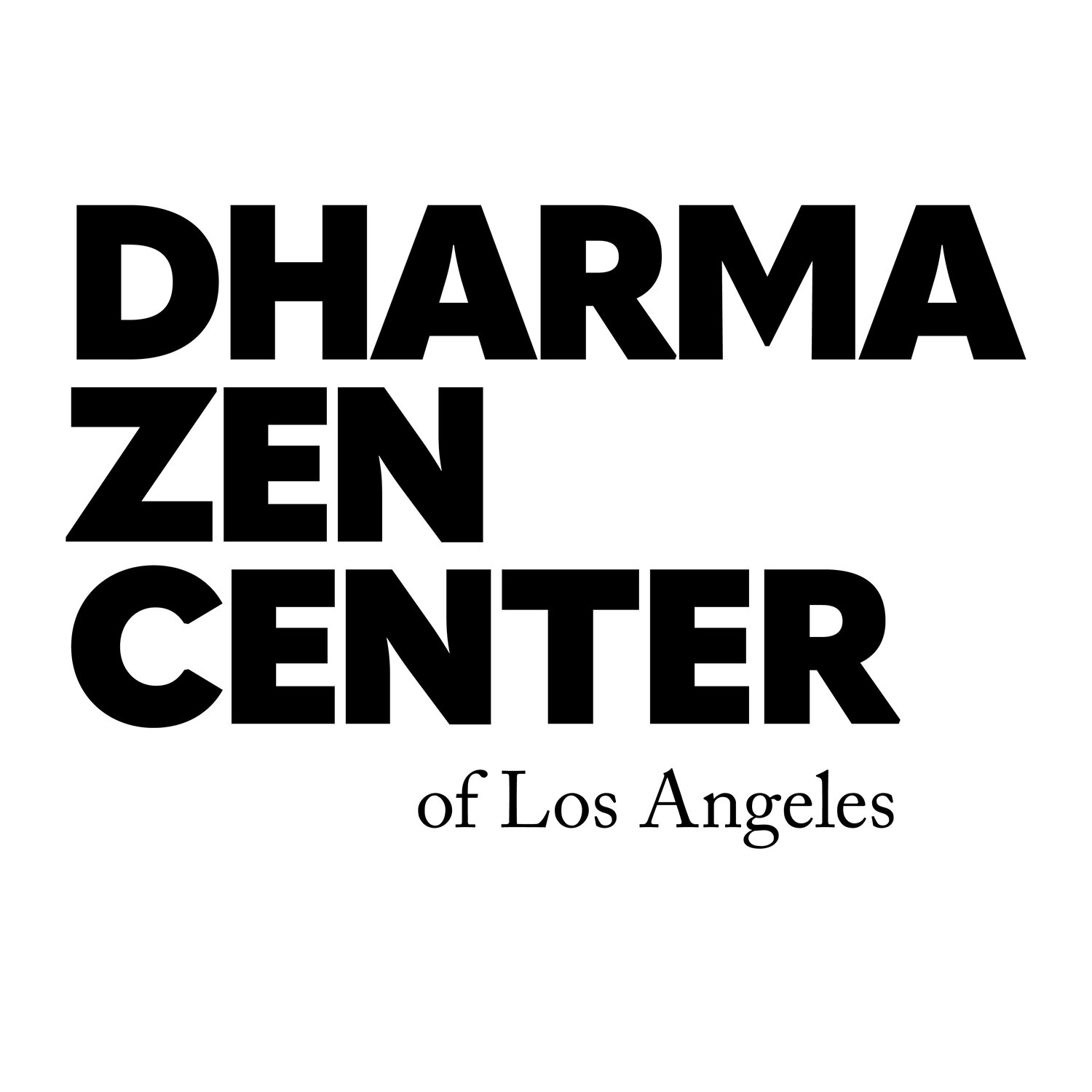Excerpt from a dharma talk by Dennis Duermeier, JDPSN
We say “already complete,” but what is it we do that keeps us from realizing that? Not just years ago, but even in this very moment. What is it we do that keeps us from seeing this? What is it that keeps us from believing in ourselves—that we do have it, that we’re born with it, that it’s our birthright? What’s covering it up? That’s a big question. But the point of it is: do you believe in yourself?
When you come into the room for an interview there’s somebody sitting there with a stick in front of them and the kong-an (jp. koan) book by their side. You bow to this person, and it seems like there’s maybe a disparity there: someone has the answers, and someone else has to provide the answer. But the point is to realize your own nature. Sometimes we have to butt our heads against this structure over and over until we begin to trust ourselves, to trust our own “don’t know” nature.
There’s a story I heard about the time I started practicing. Someone looking for teaching finds a reputed great master. They go to the master and say, “Please give me your Dharma.” The teacher says, “Oh, it’s too expensive for you. My time is too expensive.” The student is struck and goes away, practices, and comes back again: “Please give me your Dharma. I’ll give you all my money.” The teacher replies, “What’s your money worth? That’s just a made-up concept. I don’t need it. My Dharma is way too expensive for you.” Again the student leaves and practices. They return and say, “I’ll give you my body, I’ll serve you, I’ll take care of you.” The teacher answers, “Your body’s just a rotting corpse. I have no use for that. Get out of here.” More practice, more time. The student returns and offers, “I’ll give you my mind.” The teacher says, “Your mind is just a cesspool of desire, anger, and ignorance. I have no use for that.” Finally, the student comes again: “Please give me your Dharma.” The teacher replies, “My Dharma is too expensive for you.” The student explodes in anger, storms out, and shouts over their shoulder, “Take your Dharma and stick it up your @##!” Just as they reach the door, the teacher calls, “Wait—take good care of my Dharma.”
That’s our situation a lot of times—not just with teaching but moment to moment. We think there’s something out there, somebody who has it. What keeps us from being open to our own boundless, free nature and letting it operate? I think fear has a lot to do with it. We are very fearful beings. Insecurity is maybe the most common human emotion. And we’re insecure because we’ve constructed something—we’ve built up an idea, an ego, a personality. It’s our body, our thinking, our mind, everything together. We’ve created something that seems very solid and real. But somewhere in here, we know this is just something we’ve made up. We hope it’s acceptable enough that people will like us, take care of us, love us, pay us—whatever we want from others.
But fundamentally it’s a never-ending process of trying to keep it intact. The best thing any of us can do for each other is give the gift of trust. That really is our original job: to find our original nature and see how it functions freely for all beings.

